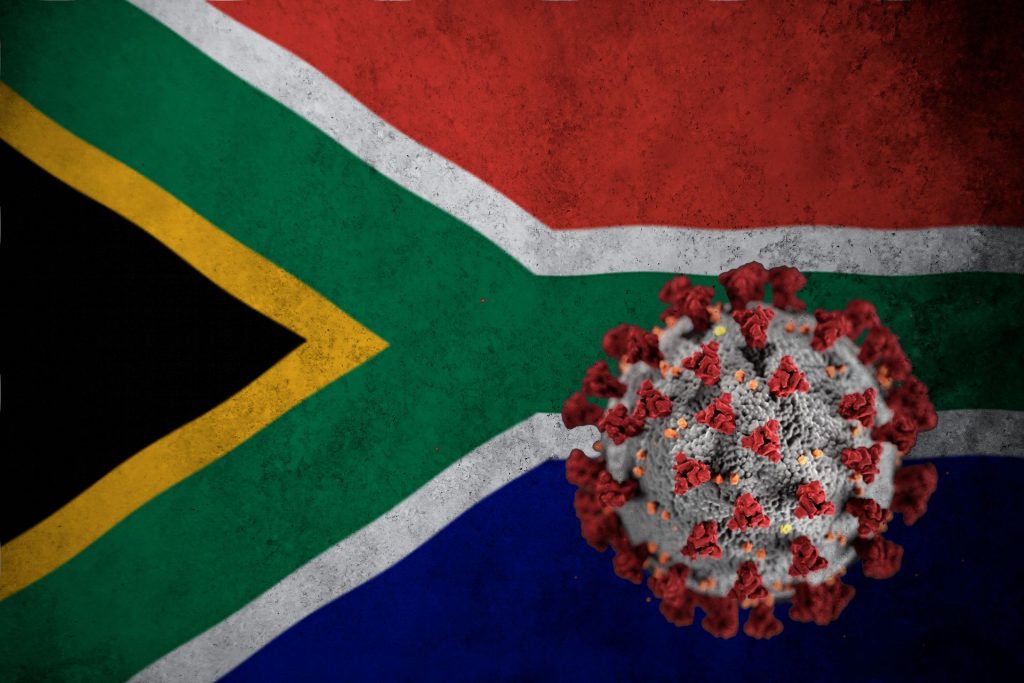Govt Switches COVID Focus to Vaccine Access and Hesitancy

As the official COVID death toll in South Africa passes the 80 000 mark, the Department of Health is now shifting focus to addressing flagging vaccine demand.
The department said this will include making access easier, such as vaccinating at shops or places of work.
Another change would be providing transportation to vaccine sites to help those in underprivileged areas. One option being looked into is the introduction of home vaccinations and ‘pop-up’ sites in rural areas where travel is harder to come by and at busy commercial areas such as shopping centres.
The government also hopes for assistance from the religious sector, with the possibility of churches offering vaccines on a Sunday. Mosques, synagogues and other places of worship would also offer a ‘familiar environment’ where people feel comfortable receiving a vaccine.
Public awareness
Social media will be heavily employed for vaccine promotion, and could incude online influencers and ambassadors to encourage vaccination.
This could extend to identifying ‘apolitical’ vaccine champions relevant to the target group who have also great influence, such as celebrities and traditional leaders.
A number of awareness initiatives are being considered, including making use of channels such as social media and teachers to provide information to young people and counteract misinformation, as well as more traditional media efforts such as radio slots and signage.
Vaccine skepticism high in men
Department of Health Deputy director-general Dr Nicholas Crisp, pointed out that South Africa has a particular problem with men not wanting to be vaccinated.
“This is not good,” Dr Crisp said. “It means that men are going to end up very sick and in hospital, and we don’t want that to happen just before Christmas.”
An Africa Centres for Disease Control and Prevention (ACDC) study found that 66% of men in South Africa were sceptical about vaccine safety compared to 74% of women.
Mandatory vaccinations on the cards
Health minister Dr Joe Phaahla warned of a very long road ahead as new cases continue to spike.
The ministerial advisory committee on COVID is now discussing the possibility of mandatory vaccination for certain groups of people, which could include healthcare workers and those professions spending time indoors with other people, according to the Sunday Times.
Scientists and health activists told the paper that the right to refuse a vaccine is outweighed by the health hazard of the pandemic.
The country would then be able to reopen and operate in a way as close as possible to the pre-COVID era, said leading vaccinologist Professor Shabir Madhi.
“In these settings, if people choose not to be vaccinated, they should be compelled to undergo testing every three or four days at their own expense,” he said.
While vaccinations don’t confer complete COVID protection, it is still significant, and more impactful if a greater proportion are vaccinated, Prof Madhi said.
Source: BusinessTech

